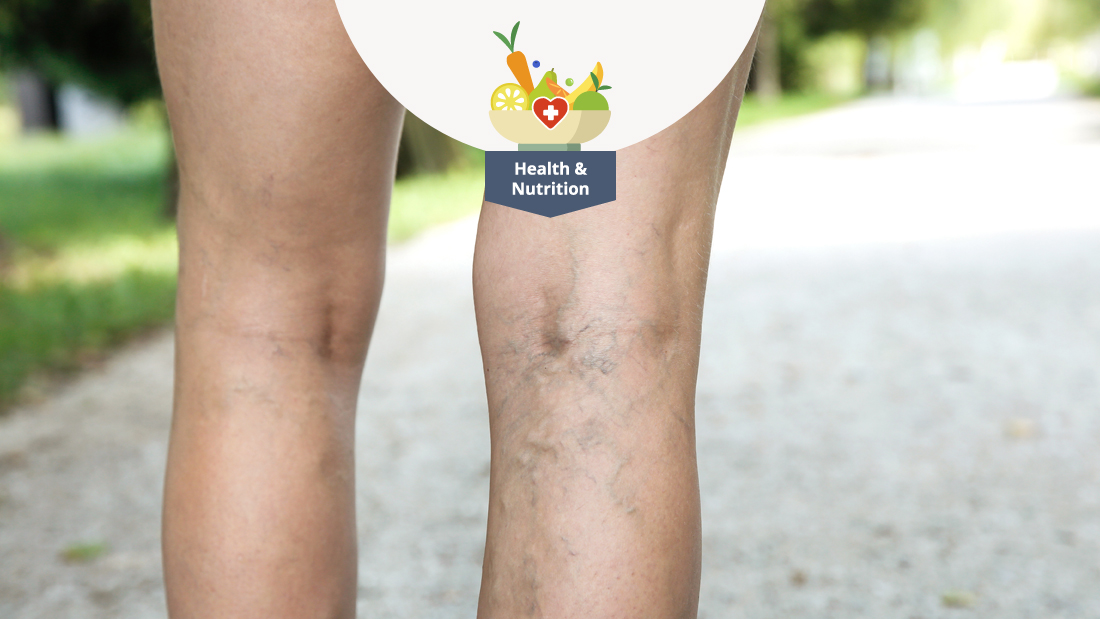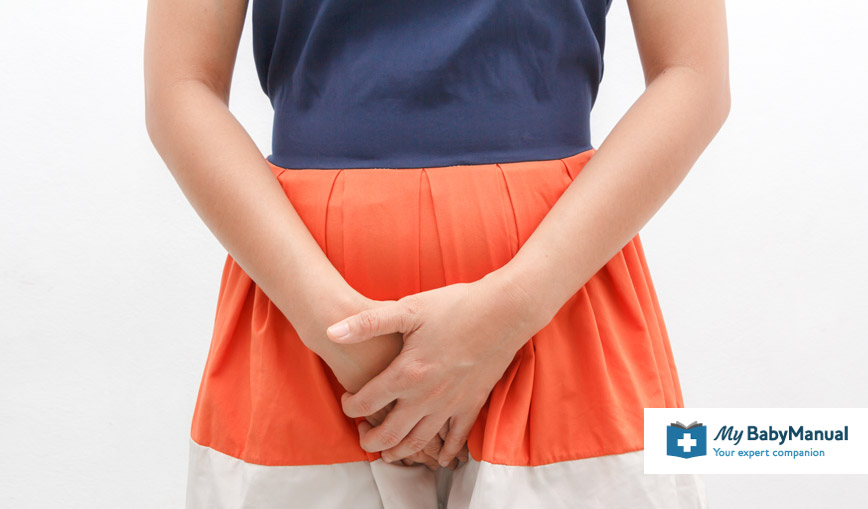
Varicose veins are a bit of a pain in pregnancy
Varicose veins in pregnancy are caused by a combination of factors, including hormones, weakening of the vein walls and less efficient functioning of the vein valves.
As blood begins to pool around the weakened parts of a vein, the vein wall stretches and loosens, which in turn causes visible and painful swelling of the vein.
A pain in the vein in the legs
Varicose veins in the legs are one of the most common and well-known of all pregnancy-related health conditions affecting mothers-to-be.
Varicose veins in the legs typically develop as a result of your growing child and changing body. Your placenta and womb exert pressure on the veins around your pelvis and the inferior vena cava (the main vein involved in carrying deoxygenated blood from your lower body to your heart), making it more difficult for the blood to travel efficiently
This, together with the increased blood volume inherent in pregnancy and the production of progesterone which relaxes the blood vessels, ultimately results in the appearance of varicose veins.
Try not to worry though, around four in ten women experience varicose veins in the legs during pregnancy and, although sometimes painful and unsightly, this is largely a transient phenomenon; expect them to subside if not clear up altogether within a few weeks or months of giving birth.
Treating varicose veins during pregnancy
There are many ways you may be able to reduce the pain and discomfort of varicose veins during your pregnancy. Try to keep moderately active, try to keep from gaining any unnecessary weight and, whenever possible, try not to be on your feet for extended periods, while being sure to elevate your feet and legs when you get the chance.
Additionally, you can:
- Try not to sit with your legs or ankles crossed
- Sleep on your left side
- Wear specialised support tights
A pain in the vein in the vulva
A less commonly known condition of pregnancy is the appearance of varicose veins in the vulva and/or vagina and/or labia. Although not unheard of in the first and second trimesters of pregnancy, they most usually occur in the third trimester when your body is really beginning to find it hard to find sufficient room to accommodate all of baby, placenta and expanding womb.
Unfortunately, so-called vulvar varicosities can be both embarrassing and painful. Typically they feel tingly and swollen like a bee sting and may look bulbous, bruised in colour, twisted and sometimes gnarled like tree roots. Sometimes they can be relatively asymptomatic and not give you trouble.
There may be little you can do to really address the root cause of vulvar varicosities, but there are at least some things you can do to alleviate the pain of the swollen veins. These include the following:
- Support garments – there are products available specifically designed to treat the pain of vulvar variscosities. Try ordering one online.
- Regular rest – try not to stand for too long. Sit or lie down when possible.
- Take to the water – being in the water reduces pressure on your pelvis by lifting the baby slightly while improving blood flow.
- Raise your hips – placing a cushion or folded towel beneath your hips when you lie down can provide relief by improving blood flow.
- Apply a cold compresses – applying a cold compress to your vulva can provide instant relief to your pain and discomfort.
It is worth remembering that there are other causes of pain in the pelvic and vaginal regions, including conditions such as pelvic girdle pain (PGP), a condition caused by the hormone relaxin and affecting or softening your sacroiliac joints. PGP frequently presents itself with pain in the pelvis, lower back, thighs, groin and pubis.
You have vulvar varicosities. Will you need a C-section?
However painful the veins around your vulva, labia or vagina may feel, varicose veins are soft and compressible and therefore present no impediment to a normal, healthy vaginal delivery. Even in the event that they do rupture – a relatively rare occurrence – it is important to remember that blood flow to varicose veins is low so there is unlikely to be much in the way of bleeding.



